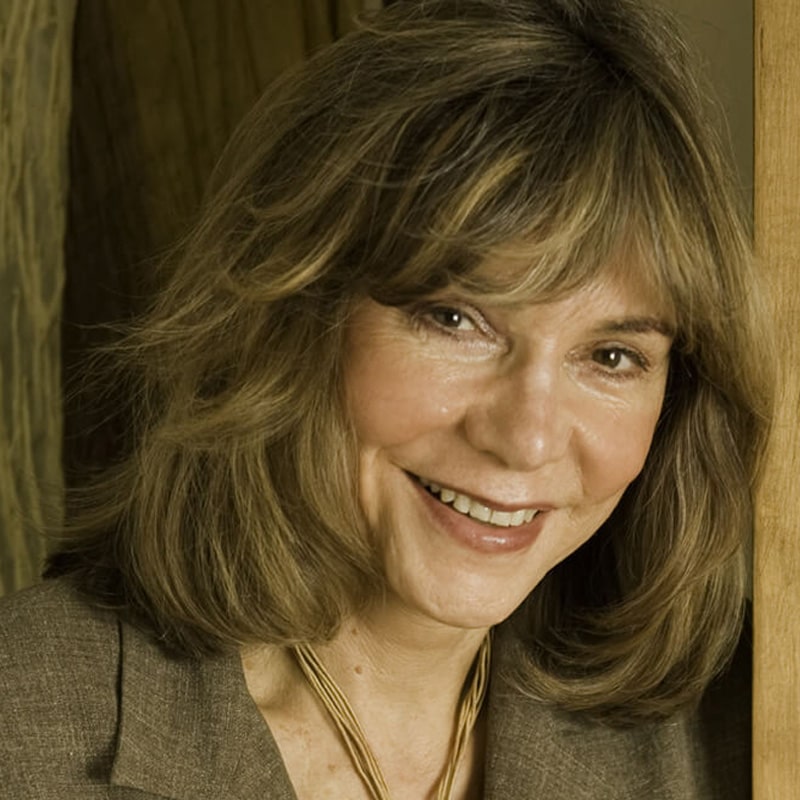Some people say there is no such thing as normal. That is to say, definitions of normality differ according to time, place, culture, and other variable conditions. Psychologists define “abnormal” behavior as that which “violates a norm in society, is maladaptive, is rare given the context of the culture and environment and is causing the person distress in their daily life.”. As you can see, what may be considered normal in one society can be considered abnormal in another.
But what about the last part, which says abnormal behavior “…is causing the person distress in their daily life?” Most people who feel “out of sorts” or consider seeking counseling are experiencing some level of discomfort. They or others have labeled their thoughts, feelings, or actions as “not normal.”
On the one hand, we need to be careful not to label people who diverge from the norms of the majority, so they don’t feel ostracized or become scapegoats for outside problems. On the other hand, people’s mental and emotional concerns need to be validated and addressed.
Healthy Reactions
“(Normal” cannot) mean “free of discomfort,” as if “normal” were the equivalent of oblivious and you were somehow “abnormal” when you were sentient, human, and real. You may seek counseling after a stressful or traumatic event, like trouble in your relationship or the death of a loved one. We all have experiences that cause us grief, anger, fear, anxiety, or guilt — and these are all healthy reactions to life’s ups and downs. For example, it is normal for a soldier returning from war, who had their life on the line and may have killed people, to experience PTSD. PTSD represents the healthy functioning of his or her consciousness. It would be abnormal for someone to “destroy a village in wartime and not feel anything afterward.” [psychologytoday.com] We all have feelings, and life isn’t perfect. Just because something made you sad or you are grieving doesn’t mean you have a depressive disorder. Give yourself permission, time, and space to experience your emotions, and seek the help of a licensed clinical therapist to help you get through to the other side of things.
Mental Illness Is Illness
Prolonged sadness after a breakup does not mean you are ill or “unhealthy.” Stress or anxiety over not being able to cover your bills does not mean you have an illness. So, when do things cross the line?
Psychologists distinguish between an “expected stress reaction” and an “individual dysfunction.” According to these definitions, a person would be diagnosed with mental illness (such as clinical depression, attention deficit disorder, or schizophrenia) if their symptoms are “considered a manifestation of behavioral, psychological, or biological dysfunction in the individual.” [lumenlearning.com] They key term is “dysfunction:” like with diabetes or hypothyroidism, people with mental illness have disordered functioning (as opposed to uncomfortable but reasonable reactions to stressful events.) The way they react is not the same way a healthy person would react.
The Five Categories of Mental Illness
There are five main categories of mental illness:
- Anxiety disorders
- Mood disorders
- Schizophrenia and psychotic disorders
- Dementia
- Eating disorders
The Five Signs of Mental Health Risk
In 2015, the American Psychological Association, in partnership with Michelle Obama, defined five signs that someone is struggling with mental health issues as part of their campaign to encourage Americans to seek mental health treatment. Here’s what to look for:
- A Change in Personality. If someone is acting like a very different person, or not acting or feeling like themselves, this is a warning sign.
- Uncharacteristic anxiety, anger, or moodiness.
- Social withdrawal and isolation.
- Lack of self-care or risky behaviors.
- A sense of hopelessness or feeling overwhelmed.
If you or a loved one are experiencing one or more of these symptoms, reach out for help by contacting a counselor or psychologist today.
Caree Brown, LCSW
Caree Brown, LCSW practices individual, couple, and family therapy. She employs a collaborative approach using solution-focused therapies that are geared toward the uniqueness of each client’s situation. Her style is creative, warm, and down-to-earth. With exceptional education and credentials, Caree has published articles, taught classes, led groups, run workshops, and supervised other medical professionals in Montreal and New Jersey as well as in the Bay Area. Contact psychotherapist Caree Brown today.




